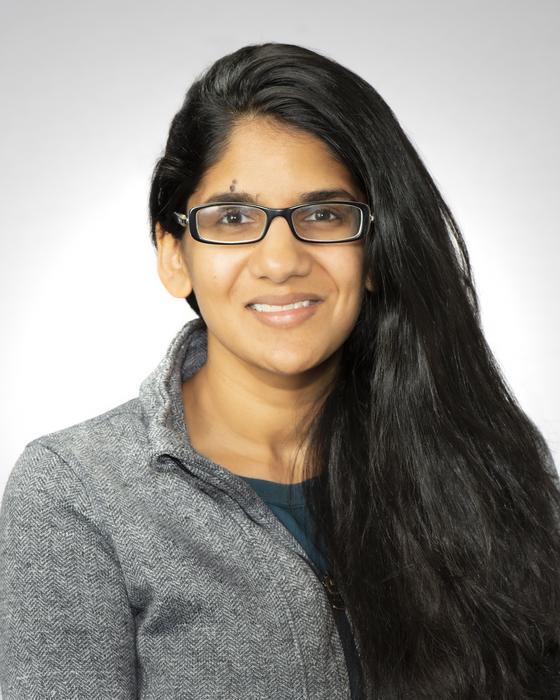Health researchers face a growing challenge in ensuring that their studies reflect the diversity of the populations they aim to serve. A recent study published in JAMA Network Open revealed alarming disparities in research concerning non-English-speaking individuals, highlighting systemic barriers that significantly restrict their inclusion in health research. This oversight can exacerbate existing health inequalities, as non-English speakers disproportionately experience healthcare disparities and poorer health outcomes.
The research team, led by Maya Ragavan, M.D., M.P.H., M.S., an associate professor of pediatrics at the University of Pittsburgh, delved deep into the reasons behind the exclusion of speakers of languages other than English (LOE) from health studies. The findings underscore both the individual and institutional barriers that researchers face when attempting to include these crucial demographic groups in their studies. For instance, many researchers cited a lack of training on how to effectively engage LOE speakers as a significant hurdle. This not only affects recruitment but also the overall quality and applicability of the research findings.
According to the study, LOE speakers constitute approximately 8.2% of the U.S. population. However, this demographic is noticeably absent from research, particularly in pediatrics. Previous findings by Ragavan and her team showed that a mere 9% of pediatrics studies included non-English-speaking children or families. The impact of this exclusion is profound, as it can lead to a lack of understanding of health issues that particularly affect these communities, thereby perpetuating the cycle of health disparities.
The study involved a survey of 339 primary investigators and study coordinators at the University of Pittsburgh. Amidst the responses, it became evident that language inclusion was often an afterthought rather than a primary consideration during the research planning process. Fifty percent of the respondents had engaged with LOE speakers at least once in the past five years; however, a significant portion of these interactions occurred without proactive efforts to include this demographic from the outset. This vital information raises questions about the priorities placed on inclusivity across research agendas.
In their findings, Ragavan and her colleagues identified several barriers that hinder the inclusion of LOE speakers in research initiatives. Prime among these were logistical challenges such as securing interpreter services, scheduling conflicts, and the overall costs associated with incorporating translation services into study budgets. These practical considerations often lead institutions and investigators to sideline LOE speakers, thus denying them the opportunity to contribute meaningfully to research that directly impacts their communities.
Moreover, the contrasting experiences of researchers who actively sought to include LOE speakers versus those who responded reactively reveals a critical need for strategic planning and training. The reactive nature of their engagement often leads to missed opportunities for representation in research outcomes. This approach not only diminishes the credibility of research findings but also heightens the risk of implementing interventions that may not resonate with or be effective for the broader population represented in the data.
The study advocates for a multi-faceted approach to addressing these barriers. Recommendations from the research team include increasing accessibility to interpretation and translation services and providing thorough training on the importance of inclusive research practices. Such resources would empower researchers to prioritize language diversity from the inception of study design. Additionally, fostering networking opportunities among researchers to share best practices could enhance inclusivity across the board, benefiting both the research community and the populations they serve.
It is vital for research institutions, funding bodies, and community organizations to recognize the importance of linguistic inclusivity in health research. The collaborative effort needed to enact these changes demands investment, not only in resources but also in commitment from leadership within academic and health institutions. Legislative advocacy may also play a role in securing dedicated funding for translation and interpretation services, making inclusive research more feasible and sustainable.
Ragavan emphasizes the potential for meaningful change, noting that the barriers identified in their study are highly addressable. It requires a concerted effort from all stakeholders involved in health research, from institutional leaders to individual researchers, to prioritize the inclusion of non-English speakers systematically. This transformative process can lead not only to improved health outcomes for LOE speakers but also more comprehensive and accurate findings that reflect the true needs of the diverse American population.
Furthermore, the study also opens avenues for future research initiatives aimed at replicating these findings across other institutions and disciplines beyond health sciences. By exploring perceptions and practices surrounding language inclusivity in a broader context, researchers can develop frameworks that champion inclusivity globally. The overarching goal is to ensure that all segments of society have a voice in research that affects their health and well-being.
With ongoing efforts to develop training resources that support researchers in conducting inclusive research, the potential for progress is promising. Engagement with community organizations and advocacy groups can also facilitate a deeper understanding of the linguistic needs of various populations, thus fostering better partnerships and collaborative opportunities for research initiatives.
The journey towards inclusive health research is imperative and achievable. It calls for a paradigm shift in how researchers approach their studies and engage with diverse populations. Educational resources, institutional policies, and community engagement will all play pivotal roles in this process, ensuring that research in health not only reflects but serves the entire population fairly and effectively.
By acknowledging and addressing these challenges, the possibility of building a more equitable research landscape becomes tangible, benefitting both researchers and underserved communities alike.
Subject of Research: Inclusion of Study Participants Who Use Languages Other Than English in Health Research
Article Title: Researcher Perceptions of Inclusion of Study Participants Who Use Languages Other Than English
News Publication Date: 28-Mar-2025
Web References: Link to Article
References: JAMA Network Open
Image Credits: Credit: UPMC
Keywords: Health and medicine, Pediatrics, Language inclusivity, Health disparities, Research methodologies.




